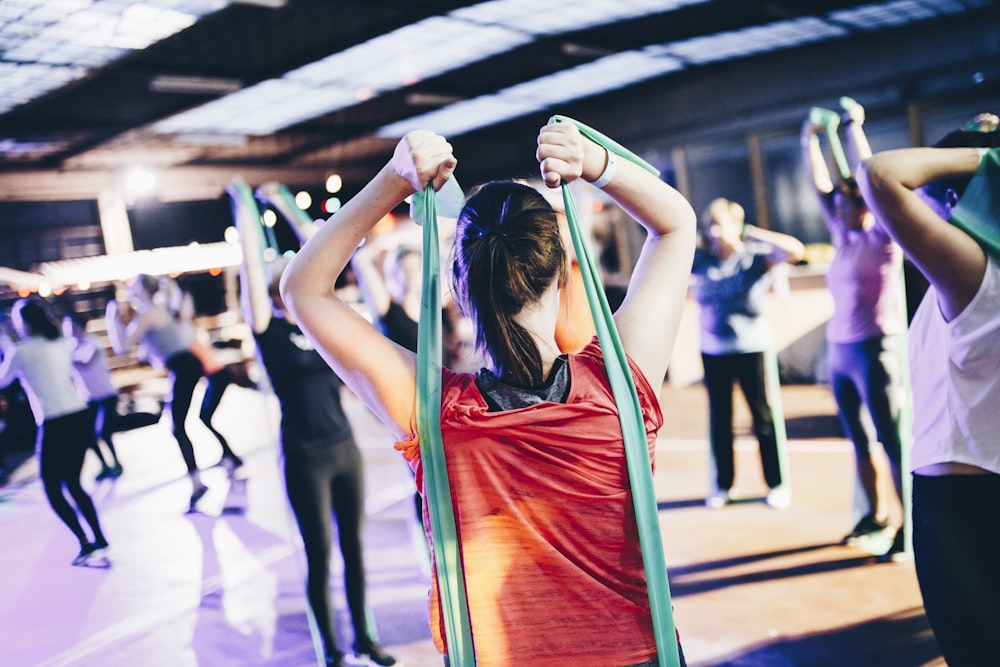Introduction: Understanding Hiccups
Hiccups are pesky involuntary contractions of the diaphragm muscles followed by sudden closure of the vocal cords, resulting in that distinctive “hic” sound. They often catch us off guard, interrupting conversations, meals, and even our sleep. While usually harmless and temporary, hiccups can be quite annoying. Fortunately, there are several quick remedies that can help alleviate hiccups effectively and swiftly, allowing us to get back to our activities hiccup-free.
The Power of Breath Control
One of the simplest and most effective ways to stop hiccups is by practicing breath control techniques. Taking slow, deep breaths and holding them for a few seconds before exhaling can help reset the diaphragm and interrupt the hiccup cycle. Alternatively, breathing into a paper bag for a few breaths can increase carbon dioxide levels in the blood, which may help stop hiccups.
Sipping Water: A Time-Tested Method
Another classic remedy for hiccups is sipping cold water slowly. This helps stimulate the vagus nerve, which plays a role in regulating involuntary body functions like hiccuping. Sipping water can also help distract the mind and provide a momentary pause in the hiccup reflex, giving the body a chance to reset.
The Sugar Trick: Surprising but Effective
A lesser-known but surprisingly effective remedy is consuming a small amount of sugar or honey. The sweetness of these substances is believed to stimulate the vagus nerve and interrupt the hiccup reflex. Simply placing a teaspoon of sugar on the back of the tongue or swallowing a teaspoon of honey can work wonders in stopping hiccups quickly.
Gargling with Cold Water
Gargling with cold water is another trick that many people find helpful in stopping hiccups. The shock of the cold water and the swallowing action involved in gargling can help reset the diaphragm and stop the hiccup cycle. It’s a simple yet effective remedy that can be done anywhere with just a glass of water.
The Pressure Point Technique
Applying gentle pressure to certain acupressure points can also help relieve hiccups. One common point is located between the upper lip and the nose, where applying pressure for a few seconds may interrupt the hiccup reflex. Similarly, pressing the space between the thumb and index finger can stimulate nerve pathways that may help stop hiccups.
Distracting the Mind
Sometimes, distracting the mind can be an effective way to stop hiccups. Engaging in a mental task that requires focus, such as counting backward from 100 or reciting a poem, can divert attention away from the hiccup reflex and allow it to subside naturally. This method works particularly well for those whose hiccups are triggered by stress or anxiety.
Herbal Remedies: A Natural Approach
For those who prefer natural remedies, certain herbs and teas may offer relief from hiccups. Drinking a cup of chamomile tea, known for its calming properties, can help relax the diaphragm and ease hiccups. Similarly, consuming a small amount of fresh ginger or peppermint may have a soothing effect on the digestive system, reducing the likelihood of hiccups.
When to Seek Medical Attention
While hiccups are usually harmless and resolve on their own, persistent or recurrent hiccups that last for more than 48 hours may indicate an underlying medical condition and should be evaluated by a healthcare professional. Additionally, if hiccups are accompanied by other symptoms such as chest pain, difficulty swallowing, or vomiting, prompt medical attention is recommended.
Conclusion
In conclusion, hiccups, though often benign, can be bothersome and disruptive. However, with the right techniques and remedies, such as breath control, sipping water, sugar consumption, cold water gargling, pressure point stimulation, distraction methods, herbal remedies, and knowing when to seek medical attention, we can effectively manage and alleviate hiccups quickly, allowing us to enjoy uninterrupted moments of bliss. Read more about best way to stop hiccups fast




